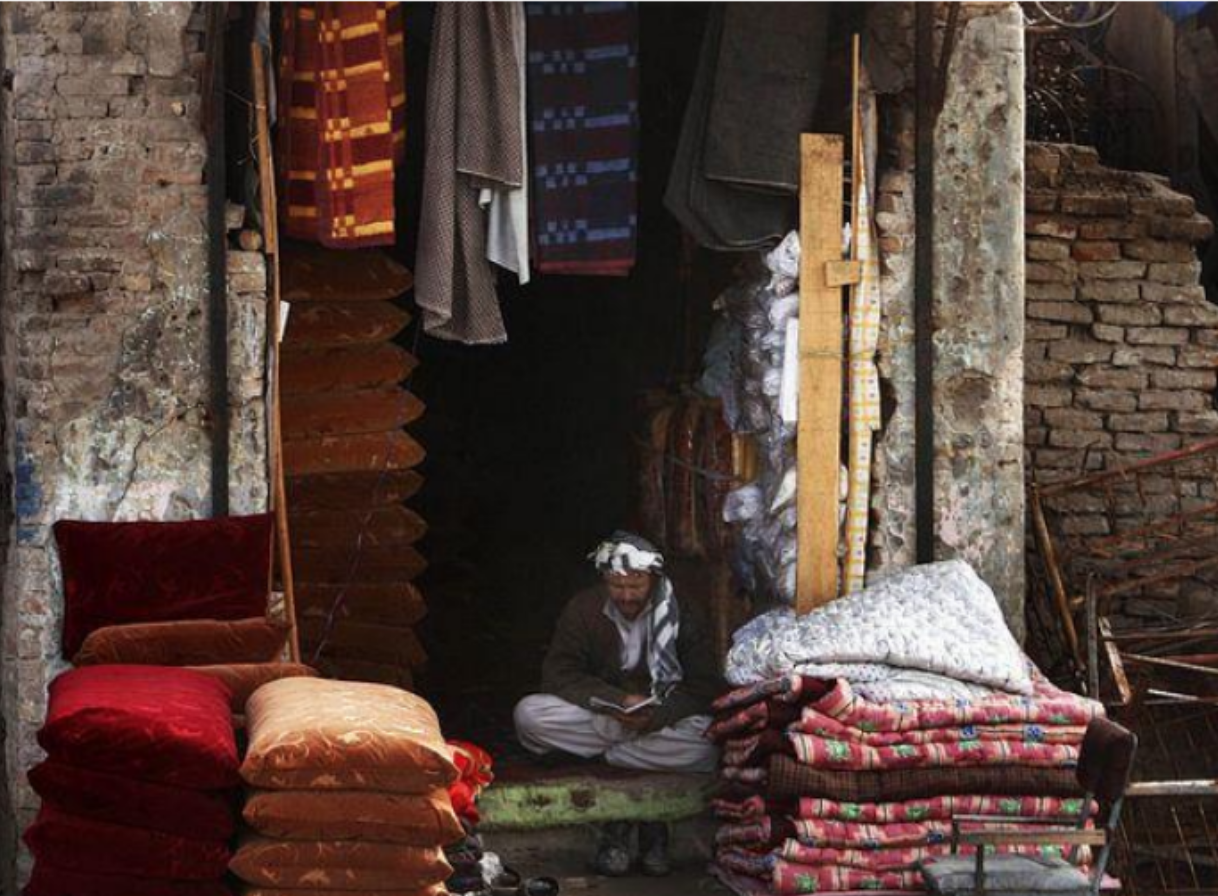Afghanistan is once again in the powerful hands of the Taliban organization 20 years after being ousted by a United States-led military coalition. Now that the U.S. assistance has been removed from the country and international aid is mainly shut off, what options does Afghanistan have? Will the country be able to build a functioning economy without the help from foreign countries?
For millennia, the country of Afghanistan was renowned for its gemstones -rubies, lapis lazuli, emeralds, etc. The minerals are still being extracted and exported from their rich country of origin, both legally and illegally. But most of the country’s value lies in the sale of iron, copper, cobalt, bauxite, uranium, mercury, lithium, and chromium.
How much mineral abundance does Afghanistan actually have? USGS (The United States Geological Survey, a scientific agency of the United States government) researched the metals of special interest in Afghanistan – copper, iron, lithium, and rare earth metals, and they say the resources in total are huge. Total copper resources for all known deposits sum to about 57.7 million metric tons. At current prices, resource value is at an estimated $516 billion. These are “undiscovered” resources – for what they mean identified but not fully explored and assessed.
There are many concerns with Afghanistan’s environmental and cultural issues of the moment, such as the lack of good quality railways, essential for transporting ore, raw or refined, to foreign markets. There is also the very concerning issue of land and air quality as mining can result in major environmental problems. Lastly, but definitely not least important, is the sudden rise to power from the Taliban organization in the country.
Perhaps Afghanistan could not survive without the money from exports to foreign countries –
United Arab Emirates, Pakistan, India, United States, etc. Because these countries are benefiting from the minerals and vast resources from Afghanistan, a cancellation of exports would not be a possibility in this situation as a high quantity of money would be lost in the process affecting the economy of these foreign countries.
For Afghanistan, its resources could mean a source of long-term foreign investment and infrastructure expansion, certainly essential for a sustainable economy. The fact that the Taliban are now in control does not diminish the importance and value of the country’s resources.

